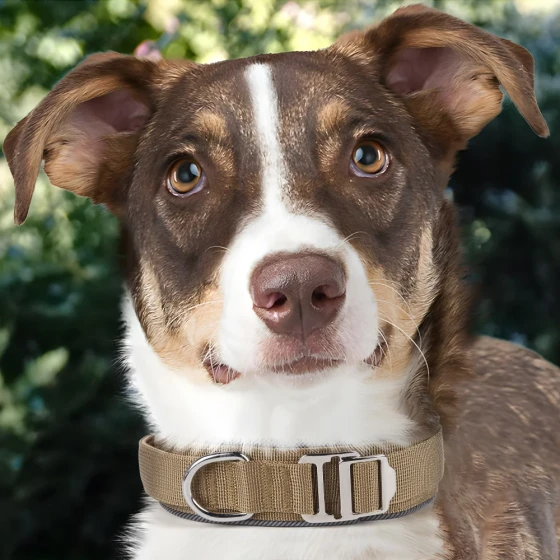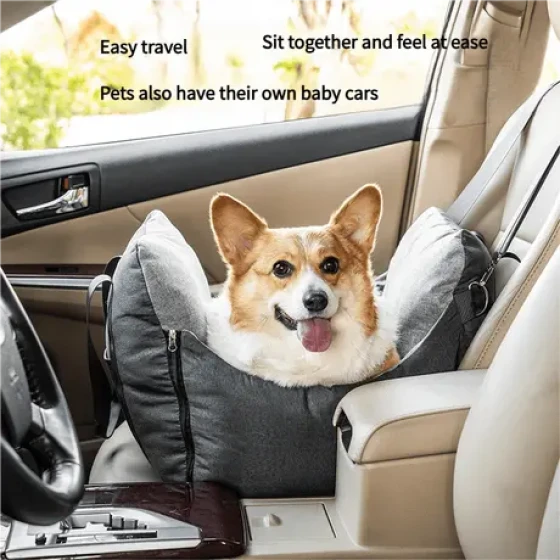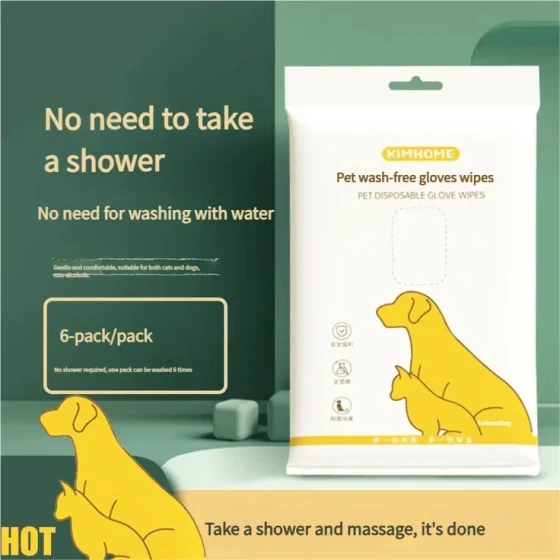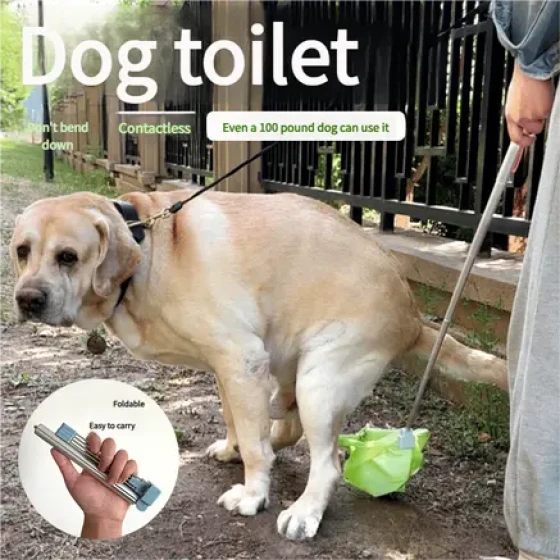Labrador's Feeding Tips, Grasping These Points Is Enough
Labradors are rated as one of the three most non-aggressive dog breeds, and they are very intelligent. It can be said that their appearance and intelligence are both excellent. They also look very friendly and are very loyal. Many people choose to raise Labradors as pets, but many do not know that the feeding methods vary at different age stages of Labradors. This is also a skill that requires heartfelt learning and experience. Dog lovers should know some feeding tips for Labradors.

The first half month after a Labrador is born is its golden growth period. During this time, the dog food must be of high quality, ideally pure natural dog food, to ensure balanced nutrition during this period. Never blindly add supplements to young Labradors, as the ingredients in many supplements on the market may be false and not very effective. It's important to give Labradors enough calcium and pay special attention to their development. Feeding Labradors scheduled and measured natural dog food should help them grow strong without problems.
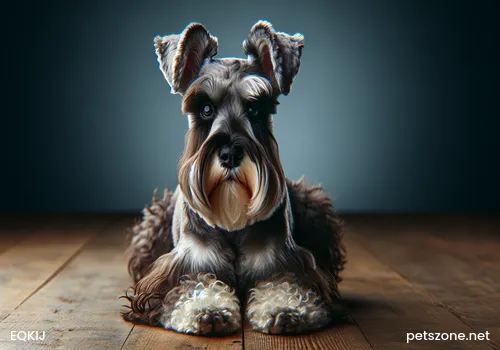
When Labradors grow to about seven or eight months old, their growth slows down. At this time, you can appropriately add some meat and feed some foods other than dog food. Be careful not to give Labradors too much egg yolk, and do not give the egg whites. Always feed the dog cooked meat.
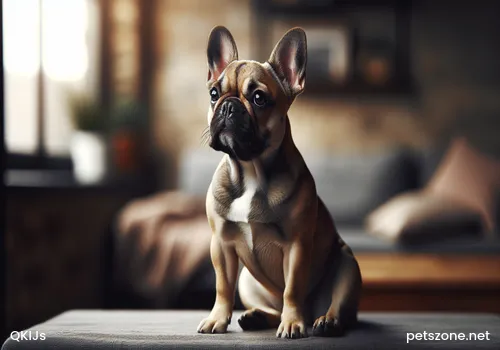
The diet of adult dogs becomes fixed. At this stage, it is essential to pay attention to exercise time. Labradors at this stage are energetic; long periods without exercise can make them restless and less docile. Providing enough exercise time and space benefits both the dog's physical and mental health. About one to two hours of exercise daily is appropriate, along with more companionship for the dog.
Owners should train Labradors to eliminate outdoors, as well as to use fixed spots indoors. Do not let the dog develop the habit of urinating indoors randomly because this brings difficult cleaning issues.
More companionship, more care, and understanding some feeding tips are very necessary.
